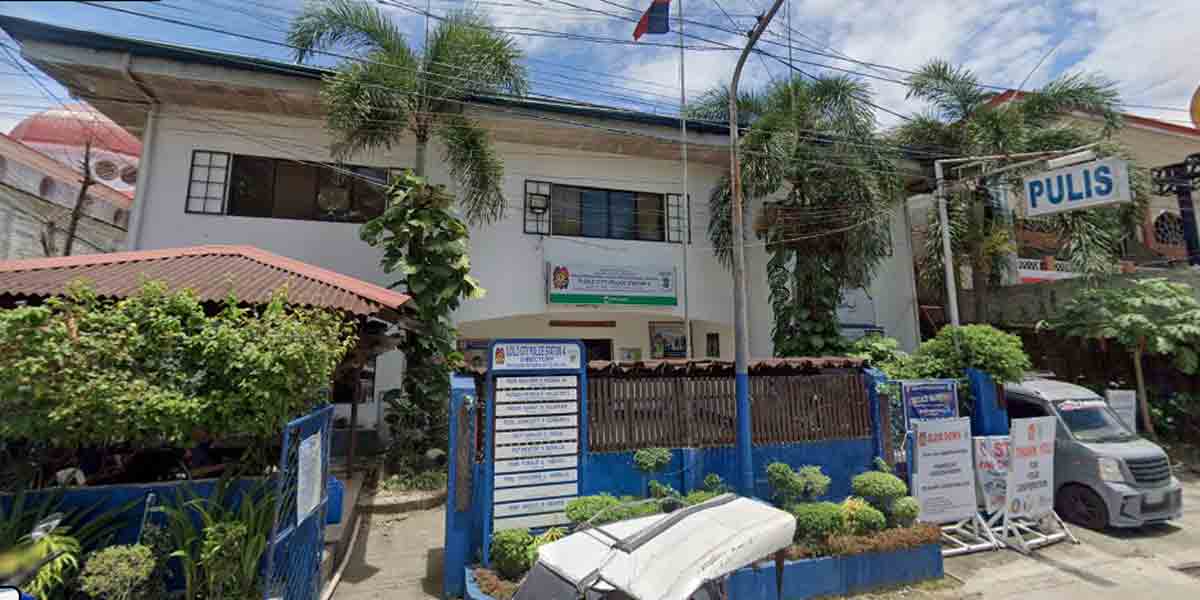By Dolly Yasa
BACOLOD City – The Philippine sugar industry is in the middle of turbulence even as sugar prices and farmgate rates are at multi-year lows.
The two major sugar groups – the United Sugar Producers Federation (UNIFED) and the Sugar Council – are deeply divided on the solutions, particularly whether to allow more sugar imports.
The United Sugar Producers Federation (UNIFED) recently took a swipe at the Sugar Council by accusing the latter of dividing the sugar industry allegedly at the expense of the sugar farmers.
UNIFED President Manuel Lamata issued the statement Wednesday in reaction to a separate statement of the Sugar Council that opposed a second program in which traders would purchase and reserve local sugar, adding to the initial P5-billion buy-back local sugar scheme from the national government.
The Sugar Council is a coalition of the Confederation of Sugar Producers Associations (Confed), National Federation of Sugarcane Planters (NFSP), and Panay Federation of Sugarcane Farmers PanayFed that opposed the Sugar Regulatory Administration’s (SRA) proposal of allowing traders to import more sugar to address low millgate prices.
But Lamata said the SRA is not planning to resort to sugar importation to bring down prices.
“We cannot wait and indulge the caprices of opposing sugar groups who seem bent to divide the sugar industry at the expense of our sugar farmers who are waiting for the full implementation of the government intervention,” Lamata said.
He added that big sugar planter’s group support the government’s plans to manage sugar prices.
“UNIFED, along with the Asociacion de Agricultores de la Carlota y Pontevedra Inc. (AALCPI) which remains the largest independent sugar planters group in the country, and LuzonFed, are in full support of the government intervention discussed with the Department of Agriculture Secretary Francisco Tiu Laurel and Sugar Regulatory Administrator Pablo Azcona.”
Lamata said that their group, including sugar planter Mike Hinojales, who handles one of the biggest sugar landholdings in the country, are “thankful to President Ferdinand Marcos Jr. who listened and answered our appeal to help our farmers amidst declining sugar prices.”
“I am stumped why these other federations called the ‘student council’ do not want sugar prices to go up. What gives? Have they become traders or are working for traders? They are trying to come up with delaying tactics which will result in a longer waiting game for our already suffering sugar farmers,” he said.
Lamata was referring to the Sugar Council that “shunned” the meeting called for by the Sugar Regulatory Administration last January 25 in Bacolod.
Instead, they sent representatives who were told not to present any position on behalf of their federations, the reason being the wording of the invitation.
“If they were really interested in the government programs for the benefit of the farmers, they could have clarified the invitation, and they didn’t. They even refused to send letters asking the President to increase the PITC (Philippine International Trading Corp) budget for buying local sugar from 5B to 12B which was previously discussed and formally agreed upon in in front of Sec. Laurel and Admin Azcona last month. Why refuse? You don’t want to help your farmers?” Lamata said.
Lamata was referring to the letter of CONFED President Aurelio Valderrama to SRA stating that “the submission of a request to increase the government intervention budget from P5B to P12B is moot and academic.
“After all, it was CONFED that authored the P12B proposal presented by the Sugar Council to Sec. Laurel on January 9. Sadly, their action speaks of arrogance, to say the least, and I hope their member-planters realize what these so-called leaders are doing at their expense. Our farmers on the other hand cannot wait any longer and we hope and pray that the government will fast-track the implementation of this intervention so we will no longer suffer the declining price of sugar,” Lamata added.
In separate statements, AALCPI President Roberto Cuenca, LuzonFed’s Board led by President Cornelio Toreja and Hinojales endorsed the proposed draft of a sugar order discussed during the SRA meeting with their own requests for SRA to allocate between 20-30 percent of quedans issued prior to the effectivity of the program so that the farmers can enjoy the benefits of the sugar order.
The proposal covers the limited volume purchase of locally produced sugar for reclassification to reserve sugar to avail of allocation for the next import program, the intention of which is to uplift farmgate prices to a better and stable level while ensuring optimal retail prices.
“While we all see hope in this, these clearly pink-minded leaders only see red and are just finding reasons to oppose the current administration in whatever way they can,” Lamata added.
Earlier, members of the Sugar Council expressed their strong objection to the proposal of the Sugar Regulatory Administration to allow traders to import more sugar to address low millgate prices.
The Sugar Council on Monday sent a letter to SRA Administrator Pablo Luis S. Azcona expressing serious concern over an SRA proposal to address low millgate prices by allowing traders to import even more sugar.
The council’s objection stems from popular understanding among sugarcane farmers that sugar importation caused the low millgate prices in the first place, the Sugar Council said in a press statement released on Monday.



















